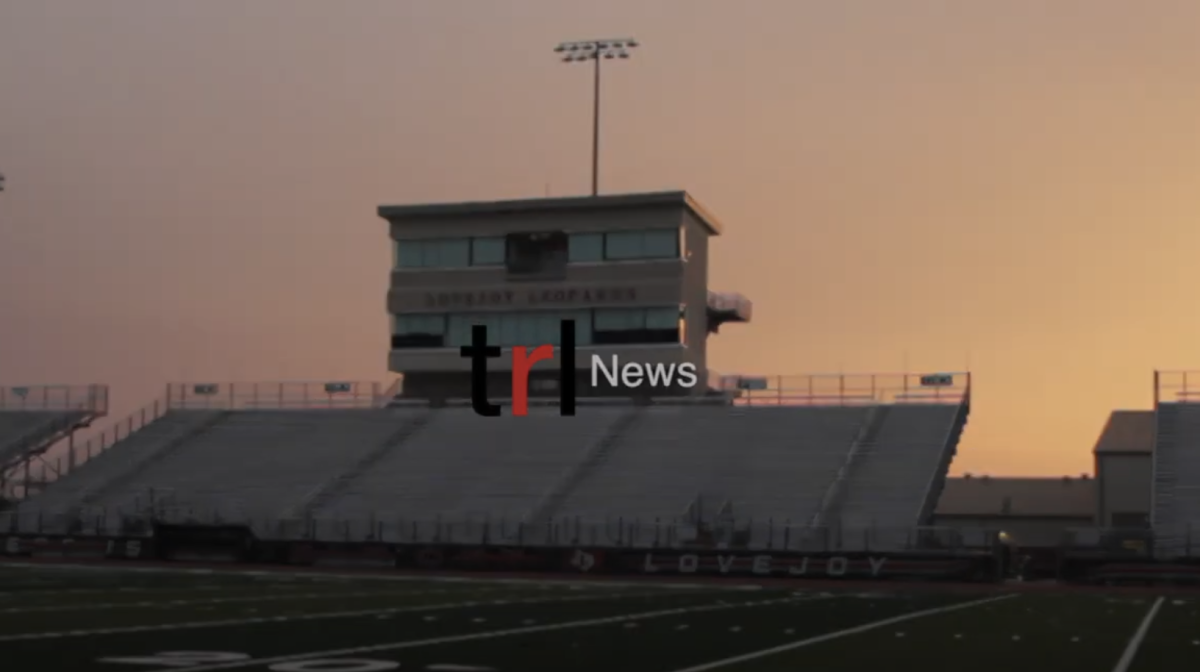It began last summer when a whopping $40 billion was cut from the Texas budget for public education due to the economic crisis gripping the state. $40 billion dollars cut meant jobs lost, classes dropped, opportunities destroyed, and retaliation from school districts across the state by filing the Texas Taxpayers & Student Fairness Coalition’s lawsuit.
Seven school districts from across the state, tired of losing their scarce district funds to lower-income schools in the state, joined together to take a stand against the budget cuts and the economic inequality.
Recently, Lovejoy ISD was one of the school districts that joined the lawsuit against the state. Superintendent Ted Moore announced in his weekly email to parents that the district would be joining in the lawsuit. He hopes to prevent the district from losing more district funds.
One of the current laws under examination is the Robin Hood Act. Passed in 1993, the Robin Hood act, formally known as Senate Bill 7, was created to capture revenue from high-wealth districts and using it to help fund lower-wealth districts. Today, Robin Hood is recapturing $1.2 billion dollars per year from approximately 135 “wealthy” school districts and using it to fund lower-wealth districts in other areas.
By the end of November, there were three separate lawsuits representing hundreds of Texas school districts out to change the way Texas finances public educations.
“The system we have right now…is not equal,” Arlington ISD Superintendent Jerry McCollough said to the Dallas Morning News. “It’s not fair, the way it’s set up at this time.”
The colossal 5A school district Allen ISD, famous for it’s state-championship-winning football team and their Emmy-award winning band, joined hundreds of other schools in the lawsuit against the state on November 16.
“At the end of the last fiscal year, we were already the lowest funded per student in Collin County,” Allen ISD Superintendent Ken Helvey said to the Allen American. “We had over 100 classes that we know of that were over 30 students in our secondary schools.”
Allen ISD will be represented by Thompson and Horton, LLP, a Houston-based law firm representing more than 20 other districts in the lawsuit. The suit will cost $20,000 in district funds and will be covered in full by the school’s finance litigation fund, which contains legal fees awarded to AISD after the end of a previous lawsuit.
While the group of schools suing the state grew exponentially, another group of schools grew, trying to keep the current financial situation for the state of Texas education system the same.
The fight became accusatory, with administrators pointing fingers and creating drama worthy of being on a courtroom drama.
“Until the state figures out that one of our kids is worth as much as a kid in Lovejoy, we will continue to have problems with school finance,” Commerce ISD Superintendent Blake Cooper said to the Commerce Journal.





















